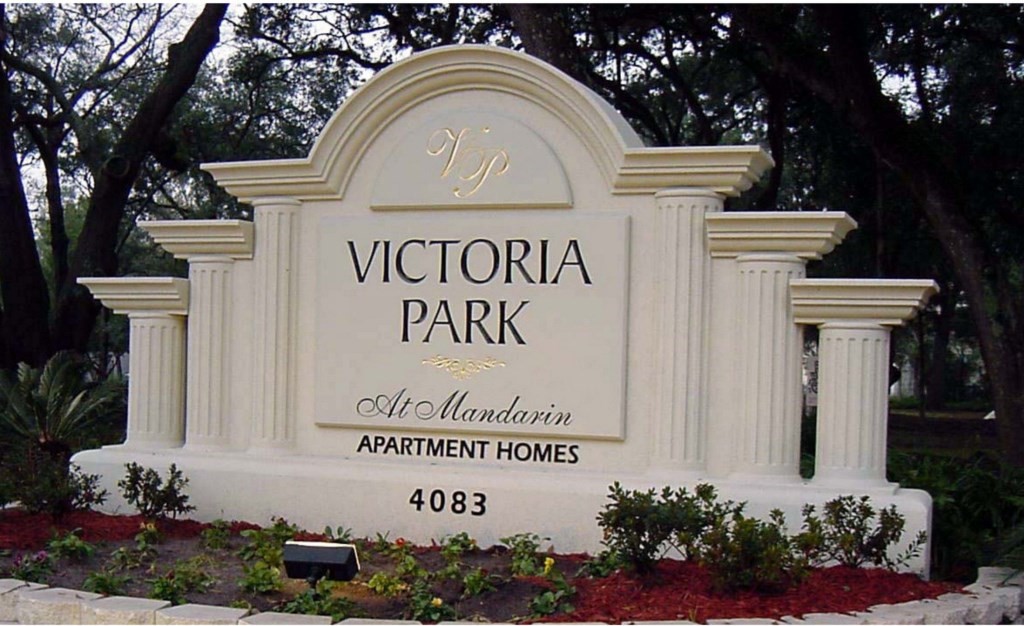
Monument signs are a powerful branding tool for businesses in Miami, offering high visibility and a strong presence for companies looking to establish themselves in the community. However, installing a monument sign is not as simple as placing it in front of your business. The process involves navigating the complex web of permits and regulations set forth by the city and county. In this guide, we’ll break down the essential details you need to know to ensure compliance and a smooth installation process while highlighting the importance of working with a professional monument sign company.
Understanding Monument Signs
A monument sign is a freestanding structure that sits low to the ground and is typically made from durable materials such as stone, concrete, metal, or high-density foam. These signs are often used by businesses, schools, churches, and residential communities to provide clear and aesthetically pleasing identification. Unlike pole signs, monument signs blend more seamlessly with the surrounding landscape, making them a preferred option in many areas of Miami.
The Importance of Permits for Monument Signs in Miami
Before installing a monument sign, businesses must obtain the necessary permits to ensure compliance with local zoning and building codes. The City of Miami has strict regulations in place to maintain the visual appeal and safety of its communities. Failure to secure the required permits can result in fines, forced removal of the sign, or other legal consequences.
Steps to Obtain a Monument Sign Permit
1. Check Zoning Laws
Zoning laws in Miami dictate where and how monument signs can be installed. Before beginning the application process, it’s essential to confirm that your business location is zoned for monument signage. The City of Miami’s zoning department provides guidelines based on factors such as:
- Property type (commercial, residential, mixed-use)
- Distance from the roadway
- Size and height restrictions
- Illumination standards
2. Design Approval and Compliance
The design of your monument sign must align with the aesthetic and safety standards set by Miami’s regulations. Key aspects of compliance include:
- Size and Height Limits: Monument signs in Miami generally cannot exceed a certain height and width, depending on the zoning area.
- Material Requirements: The materials used must be durable and able to withstand Miami’s weather conditions, including high humidity and hurricanes.
- Illumination Restrictions: If your monument sign includes lighting, it must comply with local brightness and energy efficiency standards.
A monument sign company experienced in Miami regulations can help design a sign that meets these requirements.
3. Apply for a Permit
Once you have confirmed zoning compliance and finalized the design, the next step is to submit a permit application to the City of Miami’s Building Department. This typically includes:
- A completed application form
- Detailed plans and drawings of the proposed sign
- Structural calculations (if necessary)
- Proof of property ownership or landlord approval
- Payment of applicable fees
The city will review your application to ensure it meets all local codes before granting approval.
4. Obtain Additional Approvals (if needed)
In some cases, additional approvals may be required depending on the location and nature of the sign. For example:
- Historic Districts: If your business is located in a designated historic area, additional design reviews may be necessary.
- HOA or Community Restrictions: Businesses within gated communities or specific commercial developments may need approval from a homeowner’s association or property management.
5. Inspection and Final Approval
Once the permit is approved and the sign is installed, the city may require a final inspection to ensure the monument sign adheres to all regulations. A monument sign company familiar with Miami’s codes can help facilitate this process.
Common Challenges and How to Overcome Them
Navigating Miami’s permitting process can be challenging, particularly for businesses unfamiliar with local requirements. Some common obstacles include:
- Lengthy Approval Times: Permit approvals can take several weeks or months, depending on the complexity of the project. Working with a professional monument sign company can help streamline the process.
- Regulatory Changes: Sign codes and zoning laws can change periodically. Keeping up with the latest updates is crucial to ensuring compliance.
- Neighborhood Restrictions: Some areas have stricter regulations regarding signage aesthetics, requiring more detailed design reviews.
Benefits of Hiring a Professional Monument Sign Company
Given the complexity of obtaining permits and adhering to regulations, working with an experienced monument sign company in Miami can save you time and effort. Here’s how they can help:
- Expertise in Local Laws: A reputable company understands the permitting process and zoning laws, reducing the likelihood of costly mistakes.
- Custom Design Services: Professionals can create a monument sign that meets both regulatory requirements and your brand’s aesthetic.
- Permit Handling: Many companies will handle the entire permit application and approval process on your behalf.
- Quality Installation: Proper installation is crucial for safety and compliance, ensuring longevity and durability.
Conclusion
Monument signs are an excellent investment for businesses in Miami, offering increased visibility and professionalism. However, navigating the city’s permit and regulation process can be complex and time-consuming. By understanding zoning laws, design requirements, and the permitting process, businesses can ensure a smooth installation. Working with a trusted monument sign company simplifies this process, helping you achieve compliance while creating a lasting impression for your brand. Whether you are opening a new business or upgrading your signage, taking the right steps will ensure that your monument sign enhances your company’s presence in Miami while adhering to all local regulations.